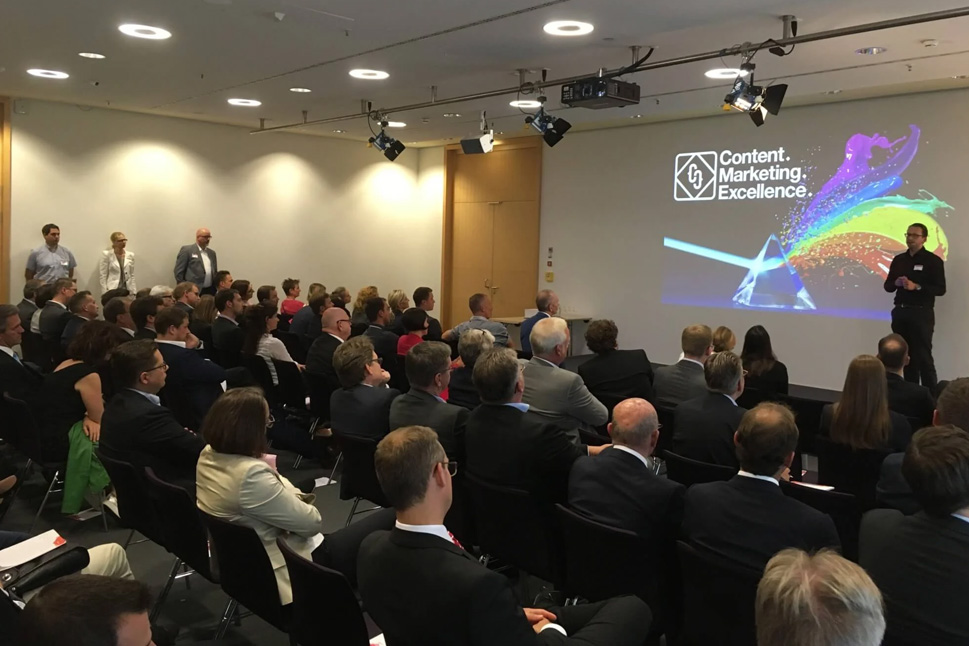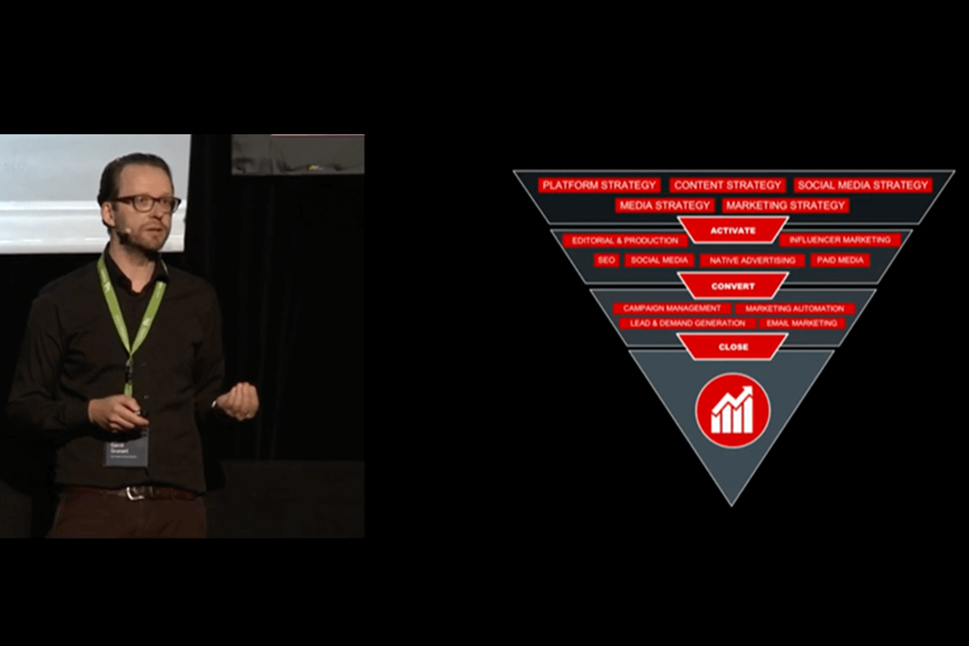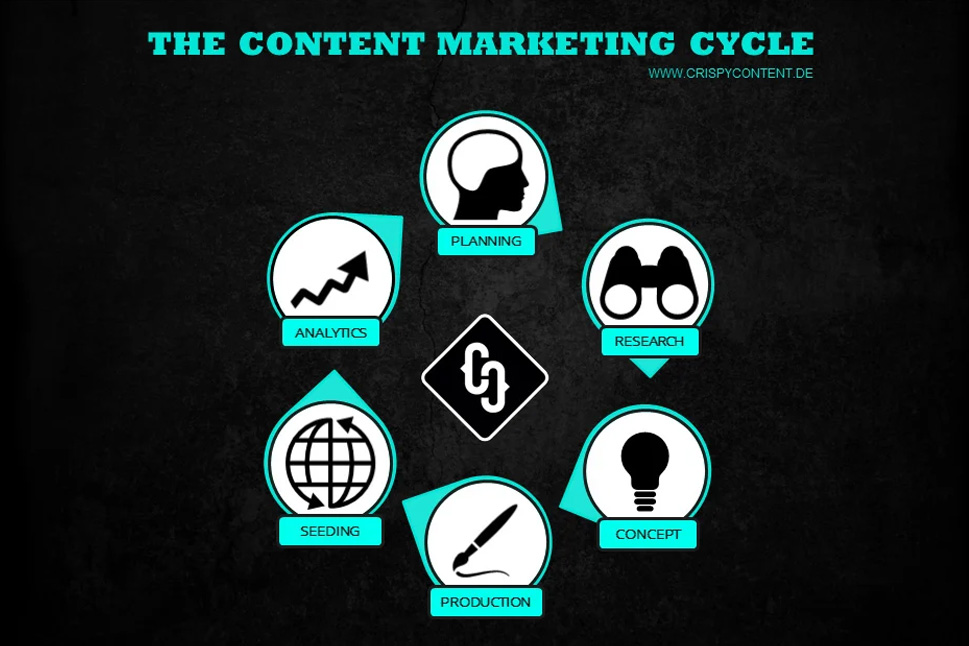Cultural Adaptation: Successful International Brand Communication
Last updated on August 4, 2025 at 13:45 PM.Cultural adaptation in communication is becoming increasingly vital. As markets grow more international, so do expectations for how brands present themselves. This is especially true in international B2B marketing: Brands that fail to adapt their communications to cultural and regional specifics risk misunderstandings, reputational damage, and inefficient campaign spending. Classic translation is no longer enough to succeed in diverse markets.
.jpg?width=969&height=646&name=crispycontent_a_close-up_of_a_glowing_digital_globe_europe_with_1949dfbd-0a37-4acd-afdf-4392244c76e7%20(1).jpg)
Cultural Nuances Make All the Difference
The distinction between mere translation and genuine cultural adaptation marks a paradigm shift. While translation focuses on linguistic accuracy, cultural adaptation ensures content is understood and accepted in the target market. This goes beyond language, encompassing symbols, imagery, color schemes, units of measurement, date formats, and how audiences are addressed. For example, the week does not start on Monday in every region’s Google Calendar, nor is the euro the default currency in every checkout process.
Overlooked Details Can Be Costly
Many international campaigns fail for subtle reasons. A slogan that resonates in one market may cause confusion or even offense in another. Burger King has scored with creative, locally tailored claims, whereas Pepsi’s “Live for Now” campaign is widely cited as a misstep in Germany. Such errors arise when cultural specifics are not considered early in the planning process, resulting in unnecessary costs, delays, and potential long-term brand damage.
Early Planning Is Key to Success
Only by factoring in cultural specifics from the outset can campaigns succeed across different markets. Frequently, core content is developed in a primary language and later adapted by local teams—often with insufficient resources. This leads to the loss of critical nuances that drive credibility and acceptance in the local market, causing communications to fall short of expectations and investments to fail to deliver optimal returns.
Develop Market-Specific Guidelines and Tone of Voice
Locally adapted brand guidelines are a cornerstone of successful international communication.
These guidelines go far beyond logo usage and color palettes. What matters is how the brand speaks in different cultures—the tone it uses, the values it communicates, and how it addresses local specifics. Consistent frameworks help ensure the brand is experienced as coherent, yet always market-appropriate.
Cultural Authenticity Sets Successful Campaigns Apart
Adapting testimonials, references, and legal disclaimers to local contexts is not a “nice to have” but essential for credibility. Incorporating locally relevant payment methods and currencies in e-commerce significantly impacts conversion rates. Companies that identify and address cultural stumbling blocks along the entire customer journey foster trust and boost campaign effectiveness.
Support for Local Markets Is Essential
Local teams are often overwhelmed by the task of adapting international campaigns. They may lack the time, budget, or expertise to tailor core content effectively. Specialized agencies can provide strategic assets, resources, and methodologies—such as templates, style guides, and shared content calendars—that streamline localization and reduce errors.
Training and Experience Make the Difference
The skills required for cultural adaptation are rarely taught in traditional translation studies. They are developed through hands-on experience, regular exchange, and targeted training. Agencies that embrace this approach deliver superior results and make their processes transparent—even to stakeholders outside the field—thus increasing client confidence and reducing uncertainty.
Technology Ensures Consistency
The use of CAT (Computer-Assisted Translation) systems and dedicated glossaries ensures consistent terminology. This is particularly crucial in industries with complex requirements, where misunderstanding can have significant consequences. These tools help maintain high content quality, even when multiple teams collaborate across locations.
Automation Unlocks New Possibilities
Integrating AI tools like ChatGPT and platforms such as Airtable enables more efficient content creation and cultural adaptation. AI-driven approaches automate repetitive tasks, allowing human expertise to focus on strategic decisions. The result is a synergy of creativity, experience, and technological innovation that sets new industry standards.
Recognizing and Overcoming Challenges in Cultural Adaptation
A major obstacle is the lack of awareness of cultural differences—both within companies and agencies. Time constraints, limited budgets, and insufficient localization resources further compound the challenge. Overcoming these hurdles requires a structured process: from analyzing cultural specifics to developing tailored guidelines, and ongoing performance monitoring.
Step-by-Step Implementation for Sustainable Success
Companies benefit by viewing cultural adaptation as a continuous process, not a one-time task. Initial steps may include:
- Developing local style guides and tone of voice frameworks
- Creating central glossaries and standardized terminologies
- Training teams in intercultural competence
- Utilizing CAT systems and AI tools to boost efficiency
- Collaborating closely with experienced agencies and local partners
This approach not only increases efficiency but also drives greater success in communications.
Why Specialized Agencies Make a Difference
Demands on international communication and cultural adaptation are steadily increasing. By partnering with specialized agencies, companies gain access to proven methodologies, deep expertise, and innovative tools. The result: campaigns that resonate both linguistically and culturally—making all the difference in today’s competitive international landscape.
Creative, smart and talkative. Analytical, tech-savvy and hands-on. These are the ingredients for a content marketer at Crispy Content® - whether he or she is a content strategist, content creator, SEO expert, performance marketer or topic expert. Our content marketers are "T-Shaped Marketers". They have a broad range of knowledge paired with in-depth knowledge and skills in a single area.












.png)











.jpg)

-1.jpg)

-1.jpg)
.jpg)



.jpg)













.jpg)







.jpg)



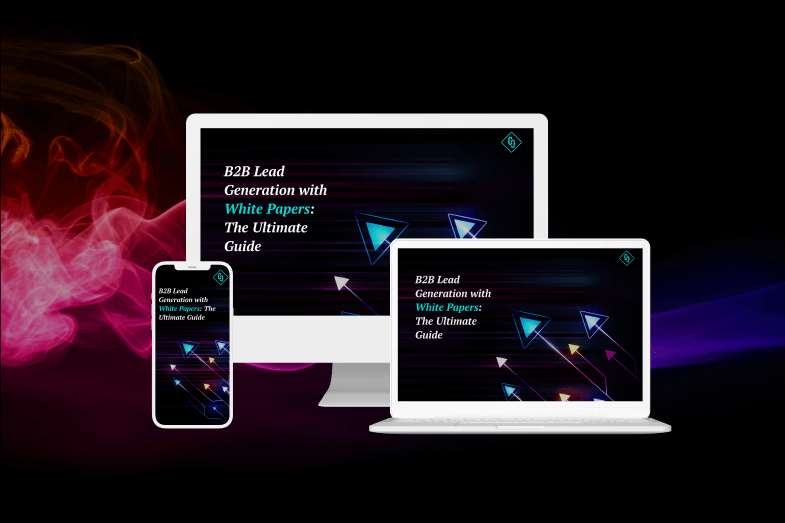
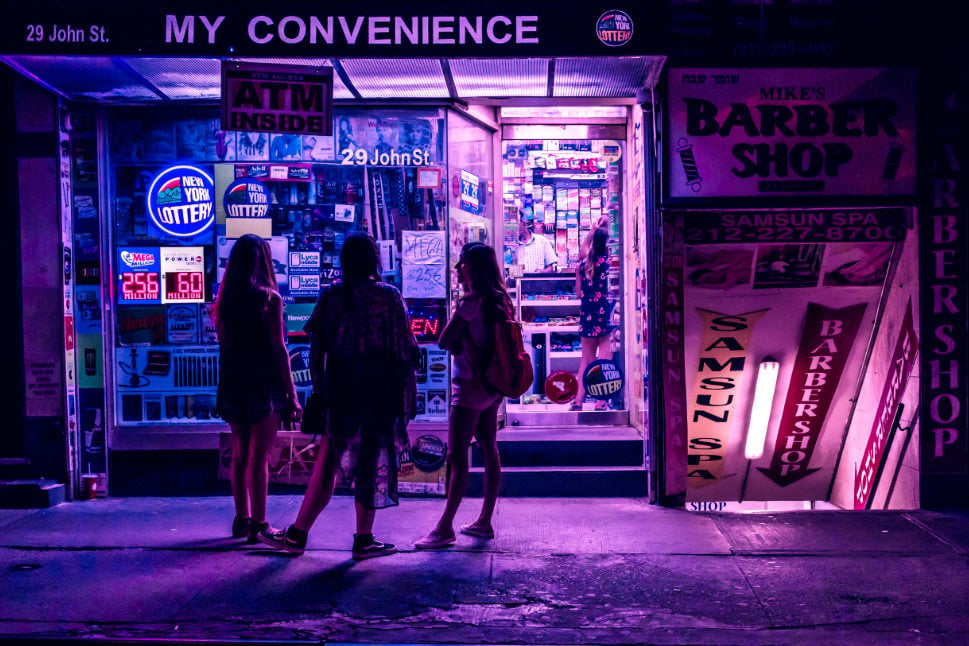





















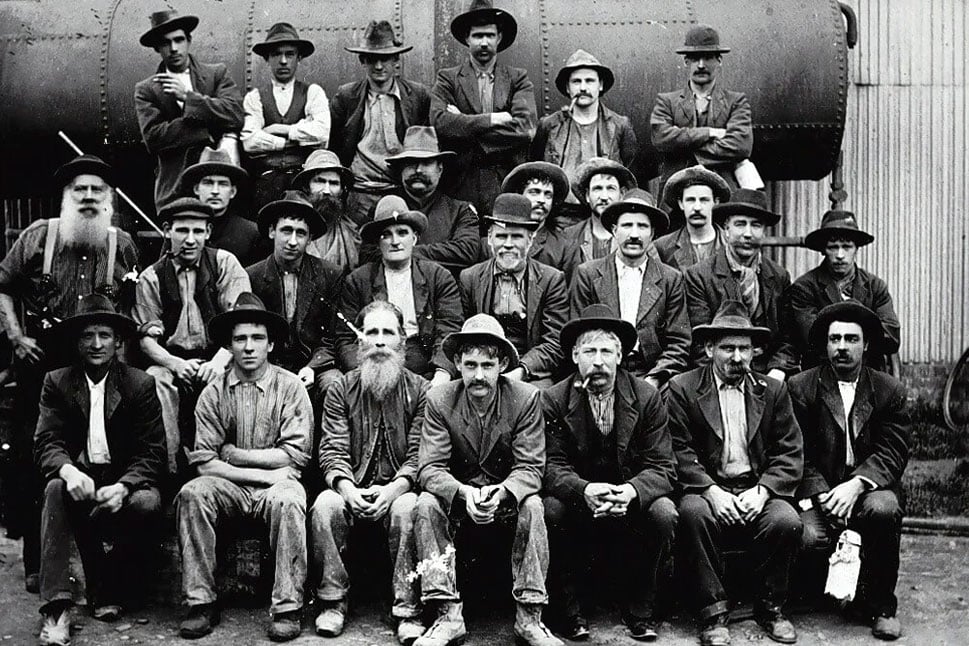


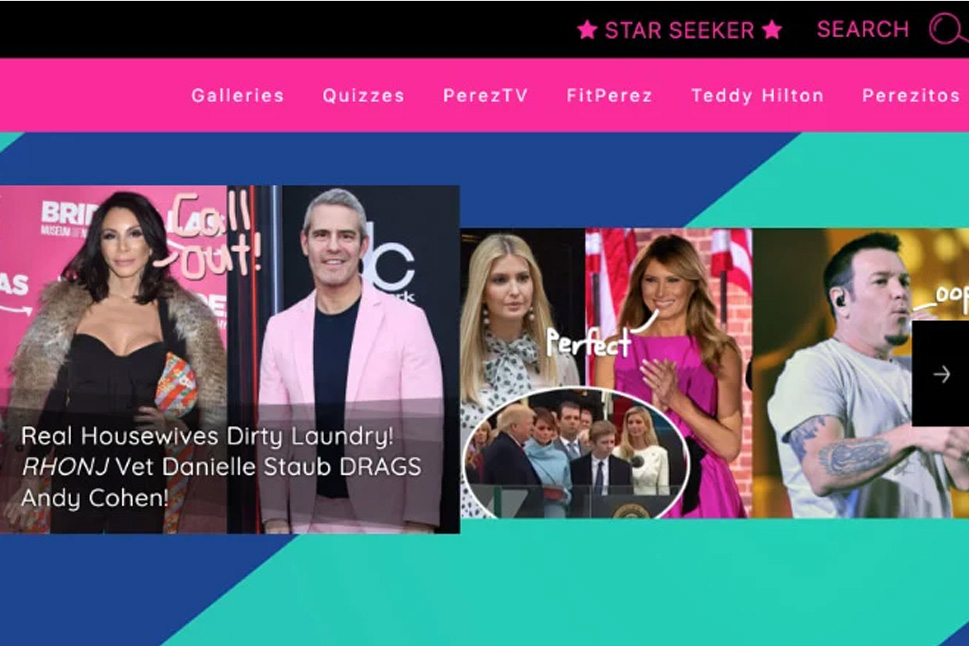



.jpg)
















